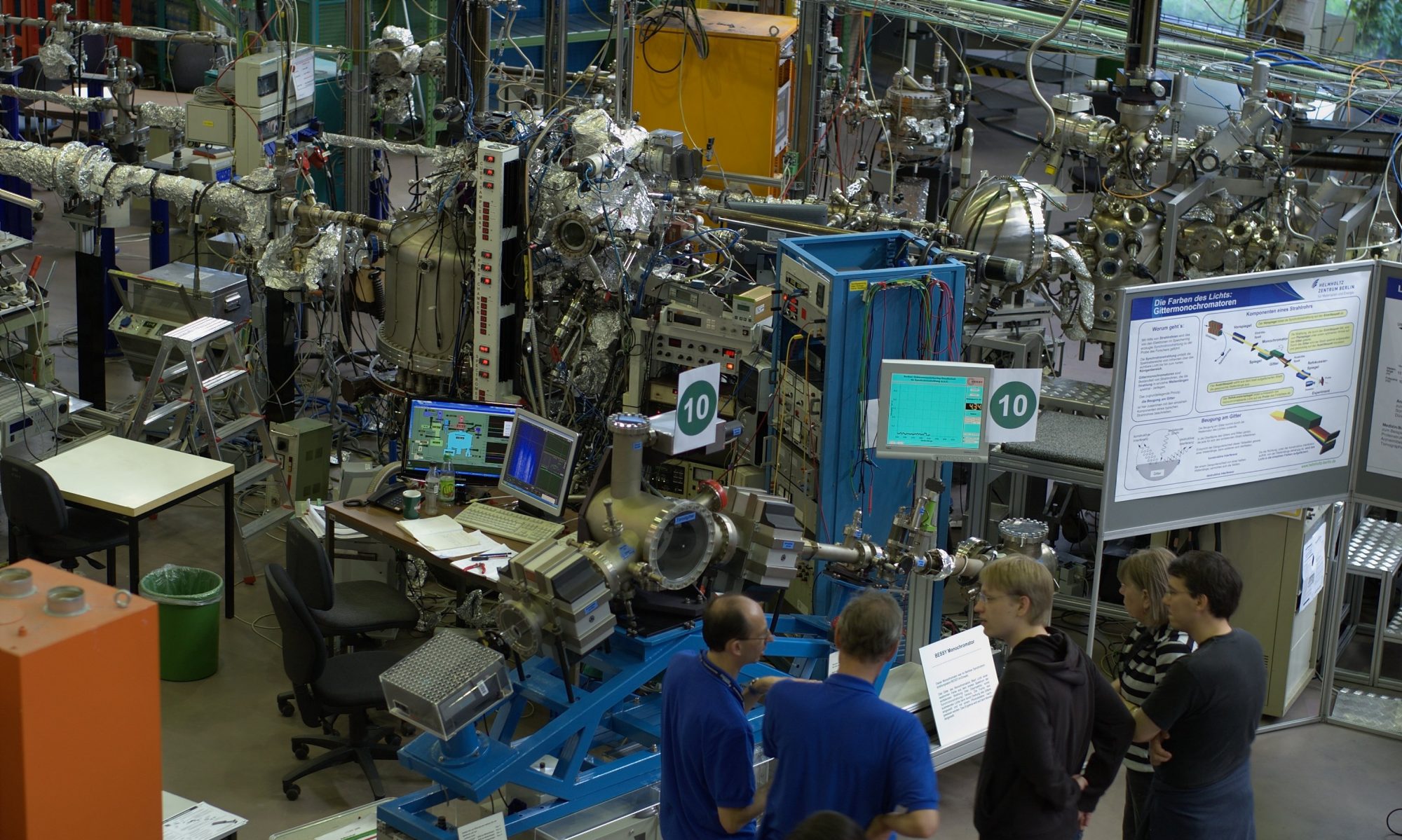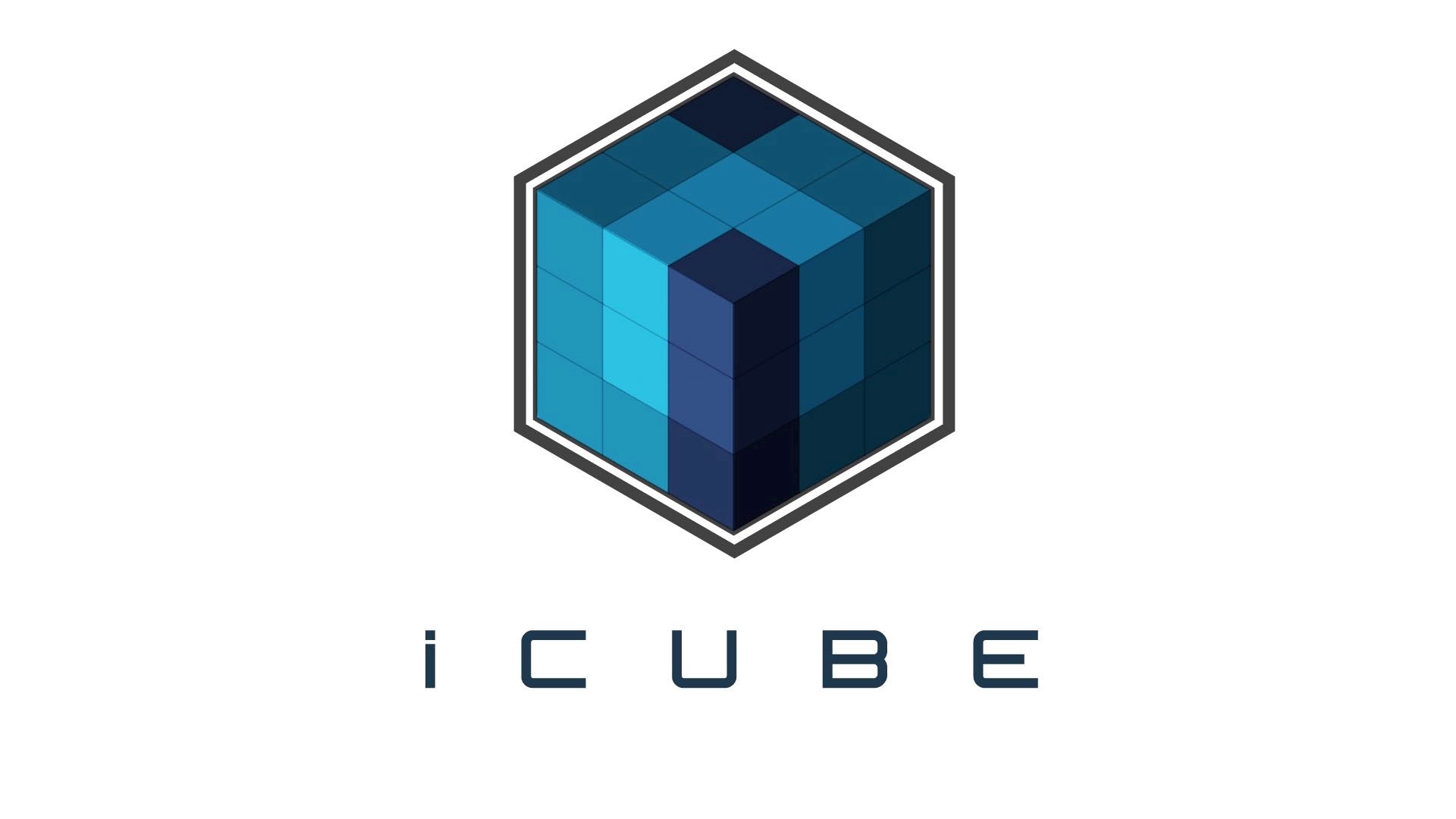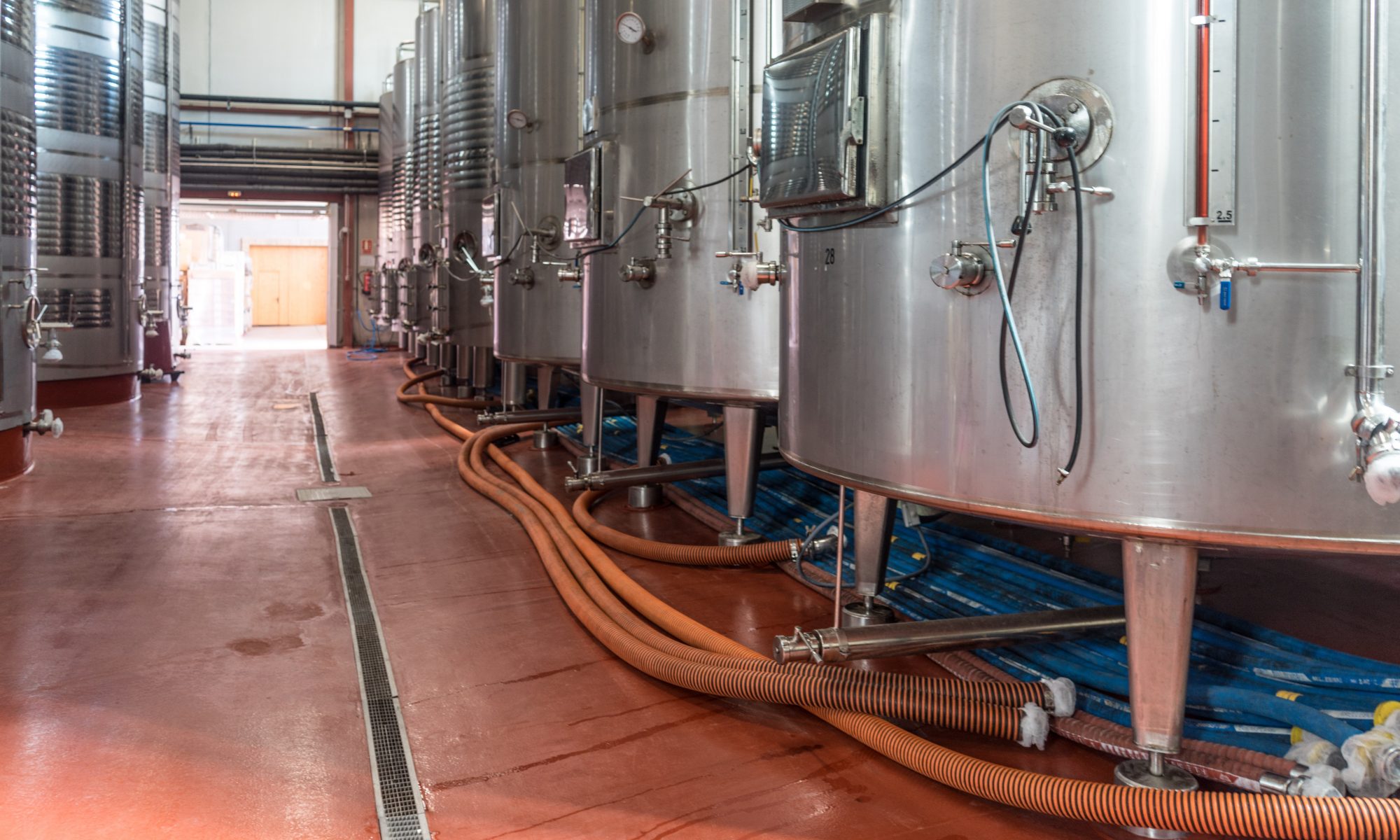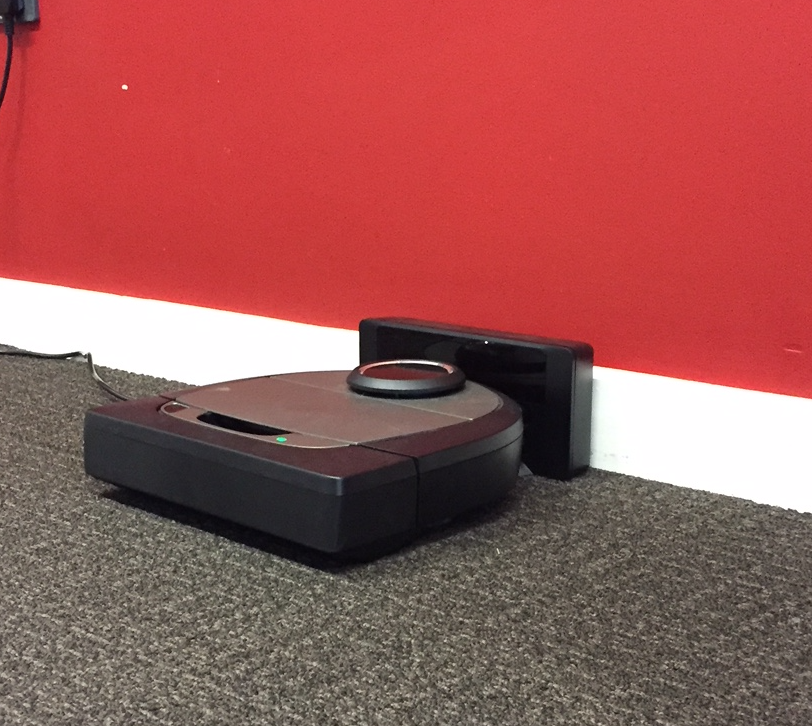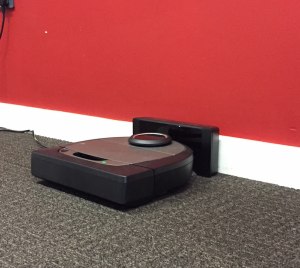The RoboClean project is investigating the work of cleaning factory floors, and the potential for robotic cleaners to work alongside—and with—human operators to ensure factories meet the strict industry hygiene guidance. These robots will use the latest sensors to also detect the presence of food allergens, allowing factory managers to avoid cross-contamination of products, especially in batch-driven processes.
The project will deliver and evaluate an interactive connected platform to enable novel human-robot collaboration and IoT smart sensor data collection in food factories. See our prior blog post for more information about the project. In this post we would like to present an update of our progress.
We are engaging with local SMEs and multinational food manufacturers to understand more about the sorts of environments we envisage these technologies will be deployed. Through interviews, workshops, and factory visits we intend to explicate the requirements and challenges—both legal and socio-technical—for deploying robots to complex environments such as factories. These visits are now on-going and the outcomes of these will inform the project’s design work. This work is being led by Martin Porcheron in Computer Science.
Roberto Santos, from the University of Nottingham Digital Research Service (DRS), has joined the project and is collaborating with Carolina Fuentes from the Horizon Digital Economy Research Institute on the development of our demonstrator robot platform. This platform, when complete, will support the autonomous and manual management of robot teams as well as individual robots. We are also currently in the process of developing a number of elicitation studies to understand the language and sorts of commands factory workers would use to direct and coordinate robots. Our focus at this stage is to deliver a platform suitable to control one robot at a time, and this is already taking shape with elicitation studies supporting this development process. Brian Logan from the Agents Lab in Computer Science is working with the team to ensure the platform design is suited to our multi-agent collaboration goals that will be delivered in later stages of the project.
Ahmed Rady from the Faculty of Engineering has also recently joined the project and is developing the processes for the smart sensors to detect various allergens, including collecting data that will be vital for the detection of these allergens. One of the biggest challenges facing manufacturers is the cross contamination of allergens within the manufacturing environment, and cleaning is a critical step in preventing this. By deploying sensors with the robots, we will be able to detect and potentially prevent any food safety events before product leaves the factory.
Overall, the team is already working towards developing deliverables and is looking forward to a successful 2019.
Finally, the team will be presenting a poster at the ConnectedEverything 2019 conference in June, where we will be on hand to discuss the project’s objectives, approach, outcomes, and potential collaborations. We think this is a great opportunity to connect with potential partners in the manufacturing industry and look forward to seeing you there.
Written by Martin Porcheron
